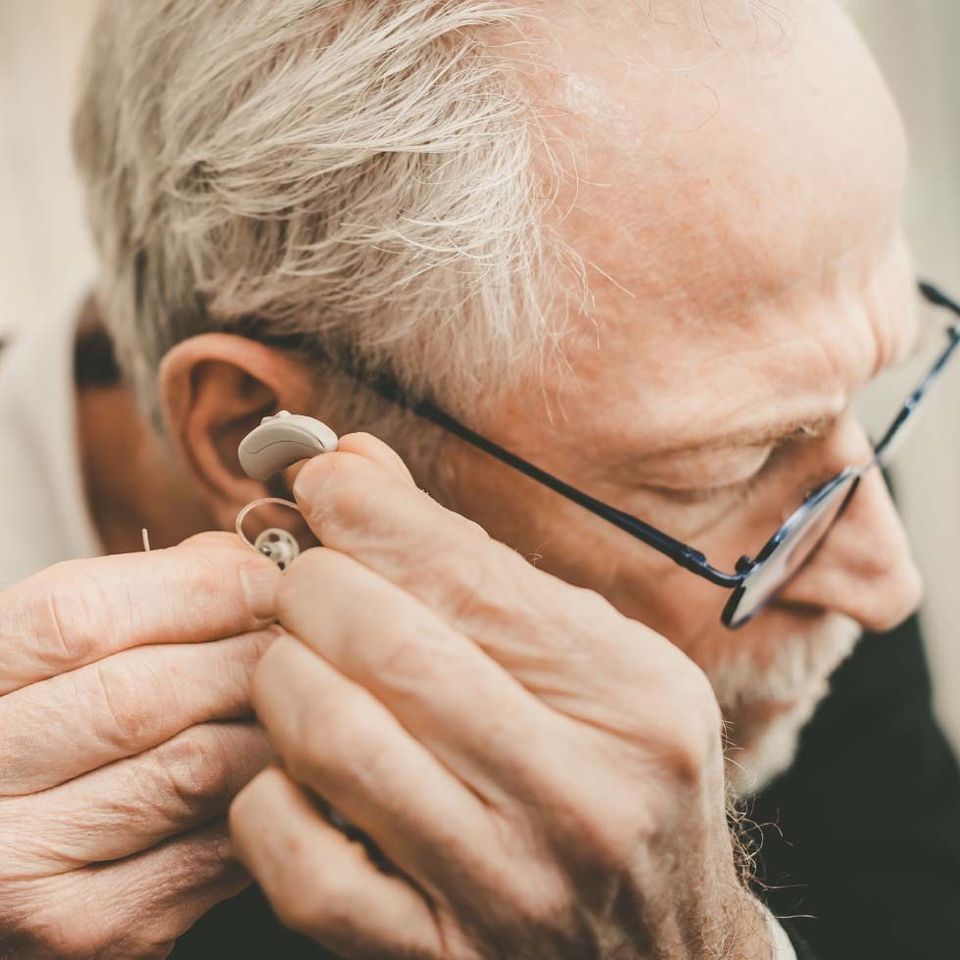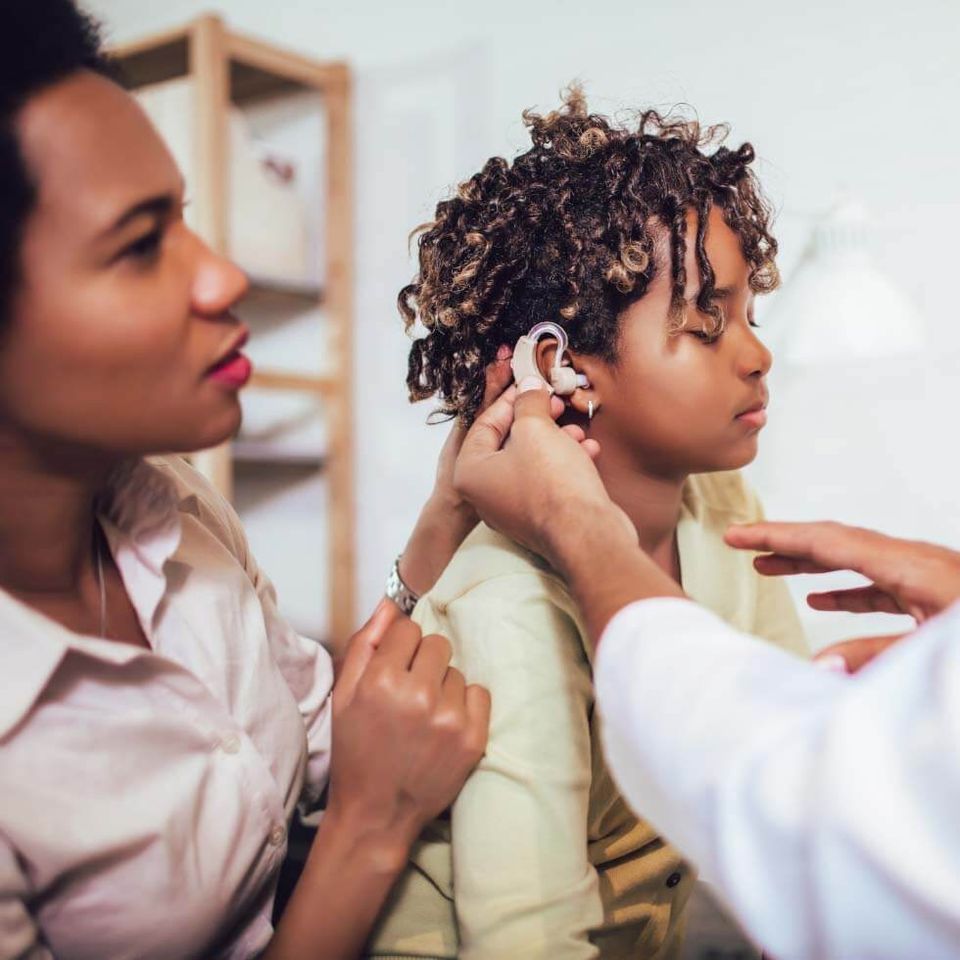
Does Insurance cover hearing aids?
Original Medicare plans do not cover hearing aids. However, some Medicare Advantage Plans offer additional coverage like vision, hearing, or dental. Most medical insurance plans do not include hearing aid coverage.
Depending on your plan, hearing aid insurance can be purchased as extra coverage.
You do not want to find out you need hearing aids only to realize that your Medicare or insurance coverage will not help. Our experienced agents find the best hearing aid coverage available for your unique situation.




